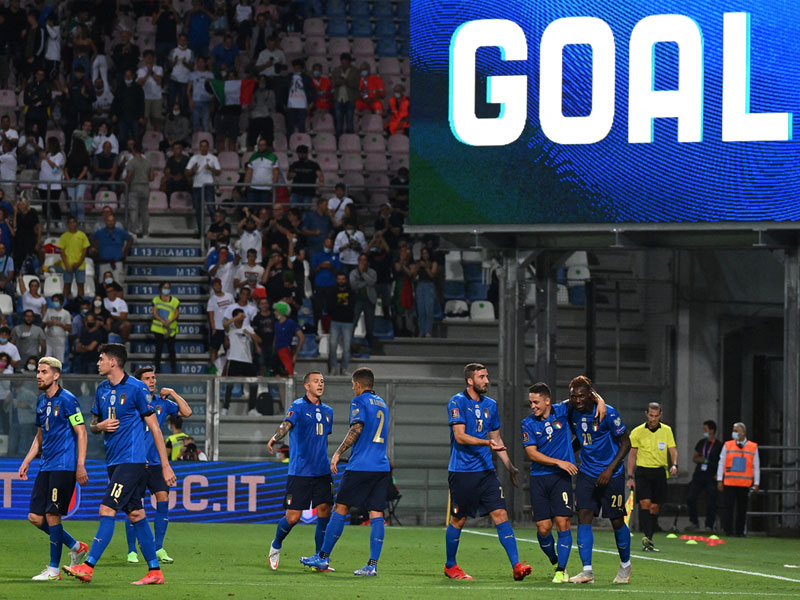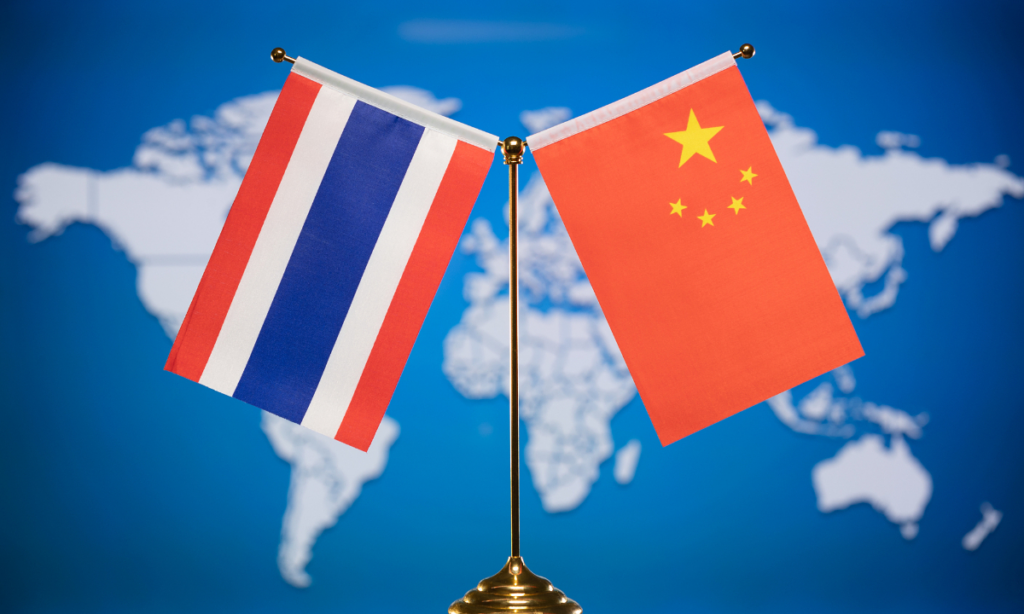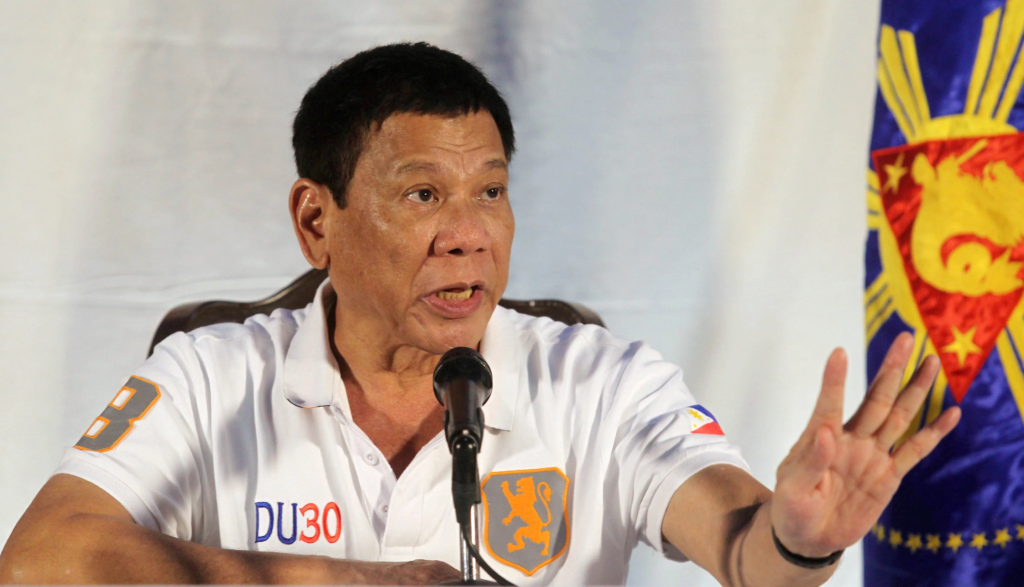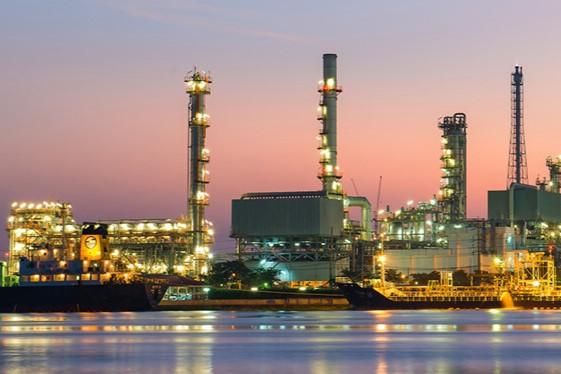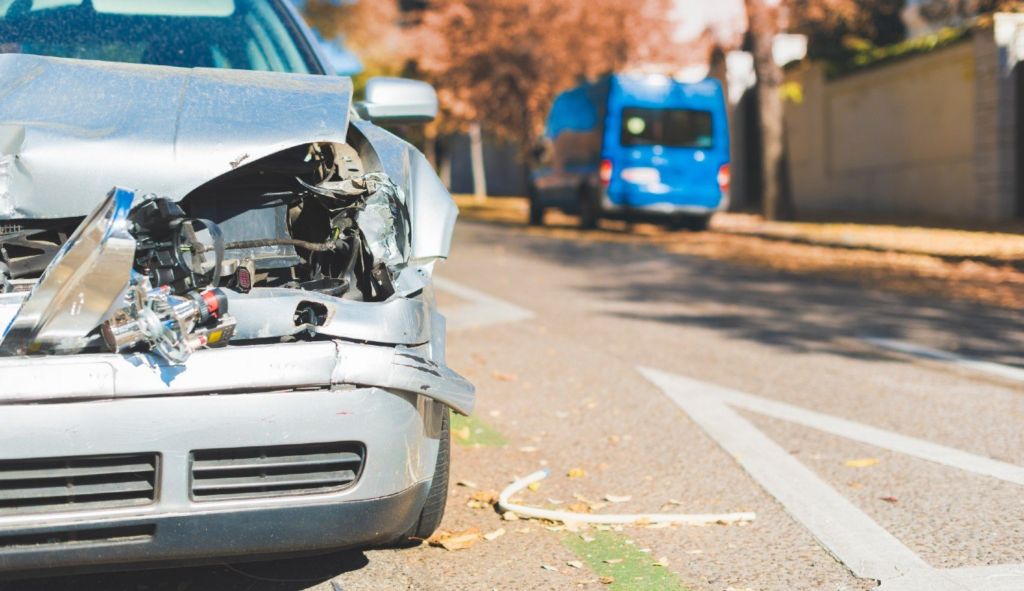Duterte Drug War: Public Opinion and Legal Consequences
The Duterte Drug War refers to the aggressive anti-narcotics campaign launched by former Philippine President Rodrigo Duterte. Initiated in 2016, the campaign aimed to eradicate illegal drugs through intensified law enforcement efforts. However, it has been widely criticized for alleged human rights violations and extrajudicial killings.
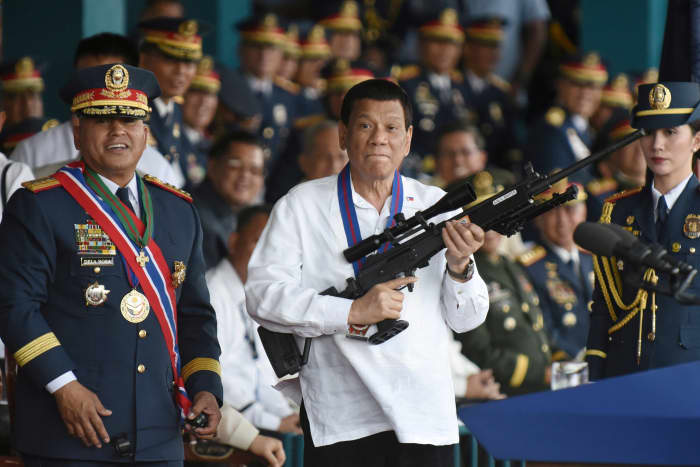
Public Perception of the Duterte Drug War
Survey Results on Duterte’s Accountability
A recent Social Weather Stations (SWS) survey indicates that 51% of Filipinos believe Duterte should be held accountable for the drug war-related killings. Among the respondents:
- 32% strongly agreed
- 19% somewhat agreed
- 25% disagreed
- 14% remained undecided
- 10% felt they lacked knowledge to comment
Data Collection and Accuracy
The survey was conducted through face-to-face interviews with 1,800 registered Filipino voters aged 18 and above. The participants were distributed as follows:
- 900 respondents from Balance Luzon
- 300 from Metro Manila
- 300 from Visayas
- 300 from Mindanao
The survey’s national margin of error was ±2.31%, with regional variations of ±3.27% for Balance Luzon and ±5.66% for other areas.
Implications of Public Sentiment
The survey highlights growing concerns over the human rights implications of Duterte’s anti-drug campaign. The public’s divided stance could influence future political and legal actions against the former president.
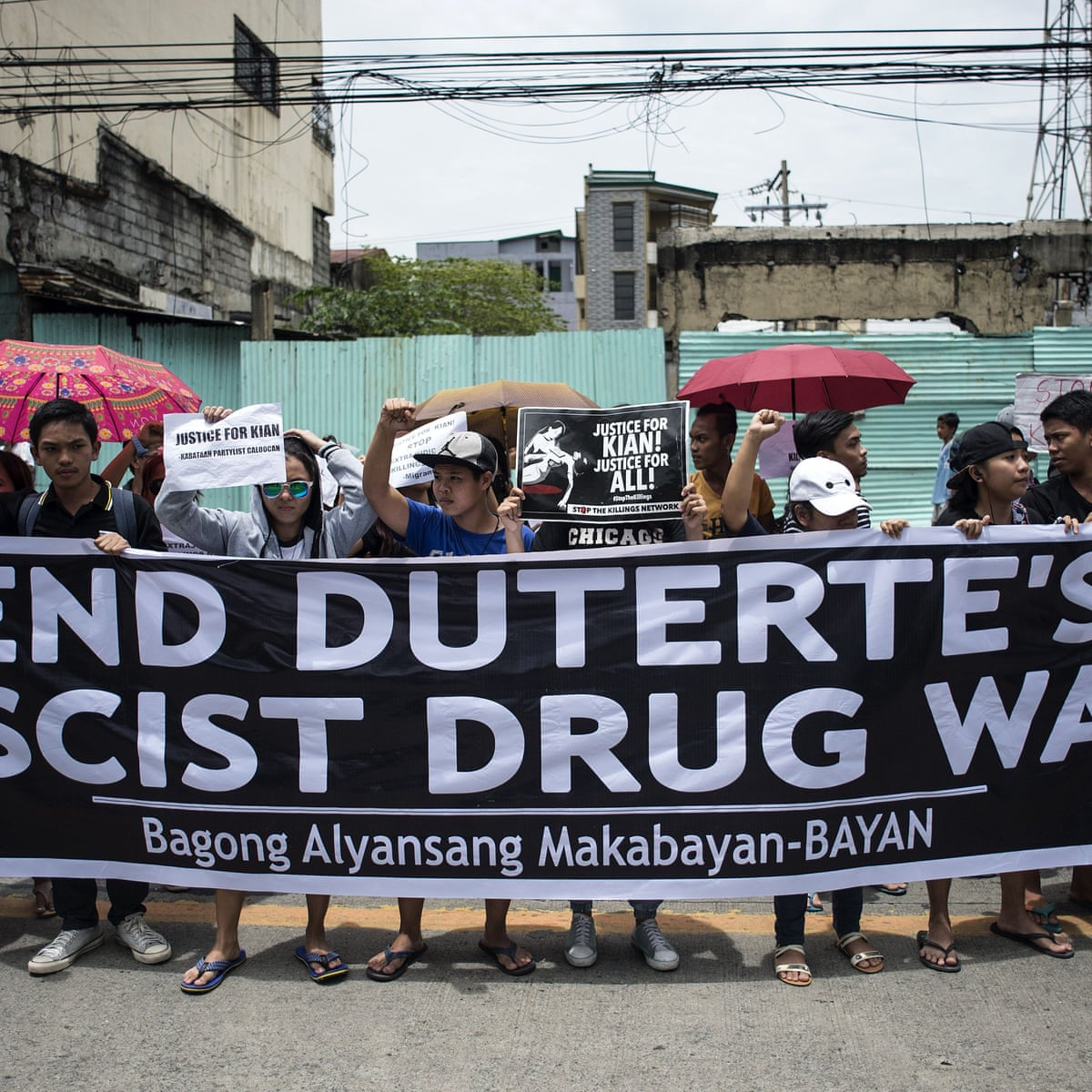
Legal and Human Rights Issues
International Criminal Court (ICC) Investigation
Duterte is currently facing legal scrutiny from the International Criminal Court (ICC), which has issued an arrest warrant against him for crimes against humanity. The charges stem from his tenure as both President of the Philippines and Mayor of Davao City.
Key Points in the ICC Case:
- Allegations of extrajudicial killings under Duterte’s directive
- Investigation covering both his presidential and mayoral terms
- Human rights organizations estimating the death toll to be over 20,000, while official government figures report approximately 6,000 deaths
Government and Human Rights Organizations’ Stance
Official Government Figures
The Philippine government acknowledges around 6,000 fatalities from anti-drug operations. However, critics argue that many of these deaths resulted from extrajudicial killings rather than legitimate law enforcement actions.
Human Rights Organizations’ Reports
Groups like Human Rights Watch claim that the real number of casualties could be significantly higher, potentially exceeding 20,000. These organizations have urged international bodies to hold Duterte accountable.
Duterte’s Response and Legal Defense
Duterte has consistently denied direct involvement in unlawful killings, maintaining that the drug war was a necessary measure to protect Filipino citizens from the dangers of narcotics. His legal team argues that:
- The anti-drug campaign was conducted within the bounds of the law
- Law enforcement agencies followed due process
- The ICC has no jurisdiction over the Philippines since the country withdrew from the Rome Statute in 2019
Political and Social Impact
Influence on Philippine Politics
Duterte’s drug war has significantly shaped Philippine politics, affecting:
- The credibility of law enforcement agencies
- The policies of his political allies and successors
- The country’s international reputation regarding human rights
Public Protests and Activism
Human rights activists, alongside affected families, continue to demand justice for victims of the drug war. Protests and social movements advocate for:
- Transparency in government actions
- Compensation for victims’ families
- Stronger legal frameworks to prevent future abuses
The Future of the Duterte Drug War Debate
Potential Legal Outcomes
Given the ongoing ICC proceedings, several scenarios could unfold:
- Duterte could be formally prosecuted for crimes against humanity
- The Philippine government might refuse to cooperate with international investigations
- Future administrations may reopen domestic inquiries into the drug war
Long-Term Consequences
The Duterte Drug War will likely remain a contentious issue in Philippine politics and international human rights discussions. The outcome of ongoing legal proceedings will determine whether accountability is upheld or if the legacy of the drug war persists without repercussions.
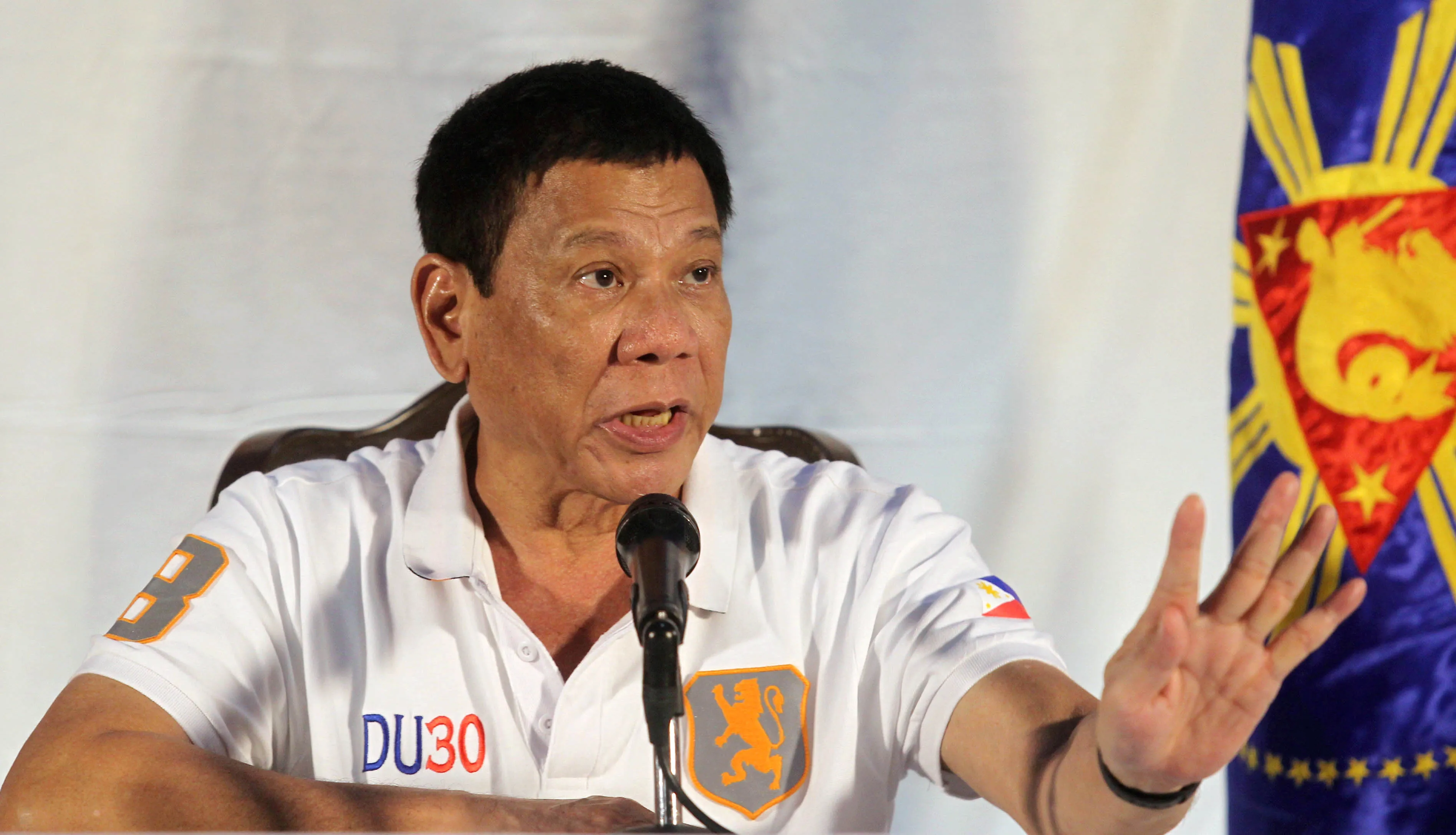
Conclusion
The Duterte Drug War remains one of the most controversial policies in Philippine history. While some support the campaign as a necessary measure against drugs, many argue that it resulted in severe human rights violations. With public opinion divided and international legal actions in progress, the debate surrounding Duterte’s accountability is far from over.
See more articles:
Win 1 Bet เคล็ดลับสู่ความสำเร็จในการเดิมพันออนไลน์
ผล บอล สด thscore: ช่องทางติดตามผลการแข่งขันฟุตบอลที่ทันสมัย
วูล์ฟแฮมป์ตัน vs ลิเวอร์พูล 2025: การแข่งขันที่น่าจับตามองในพรีเมียร์ลีก
